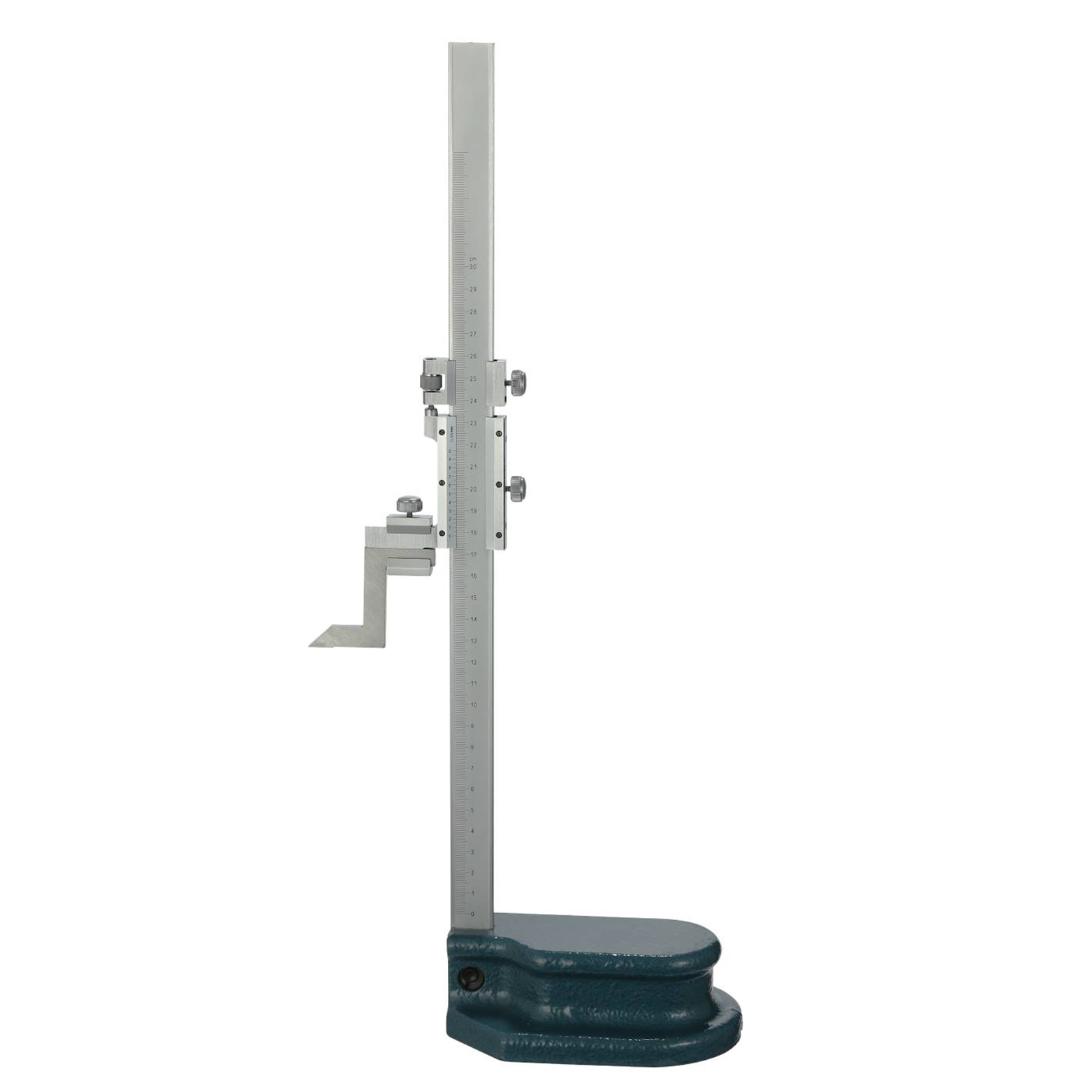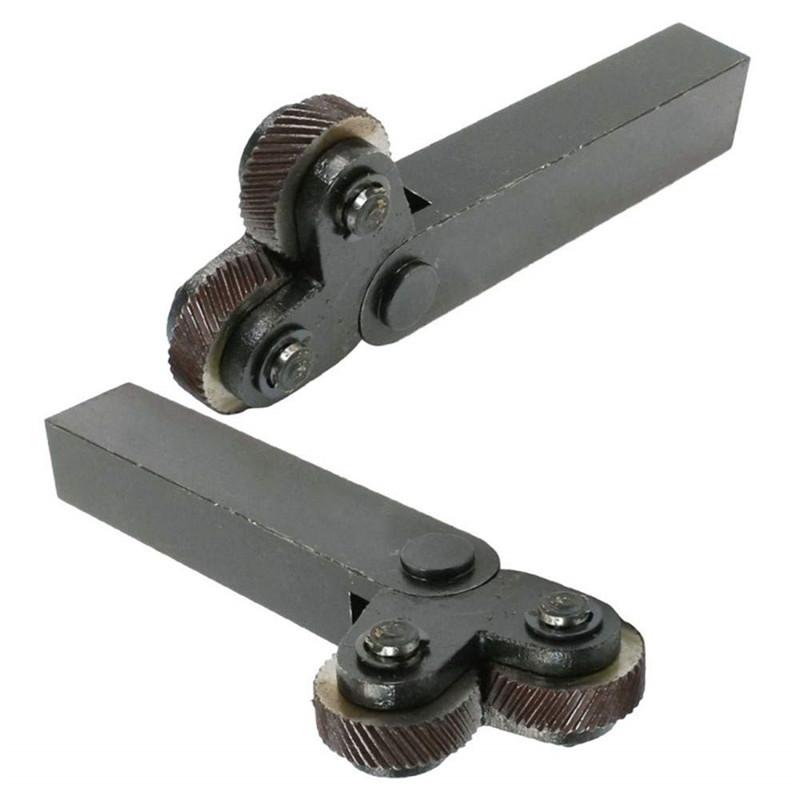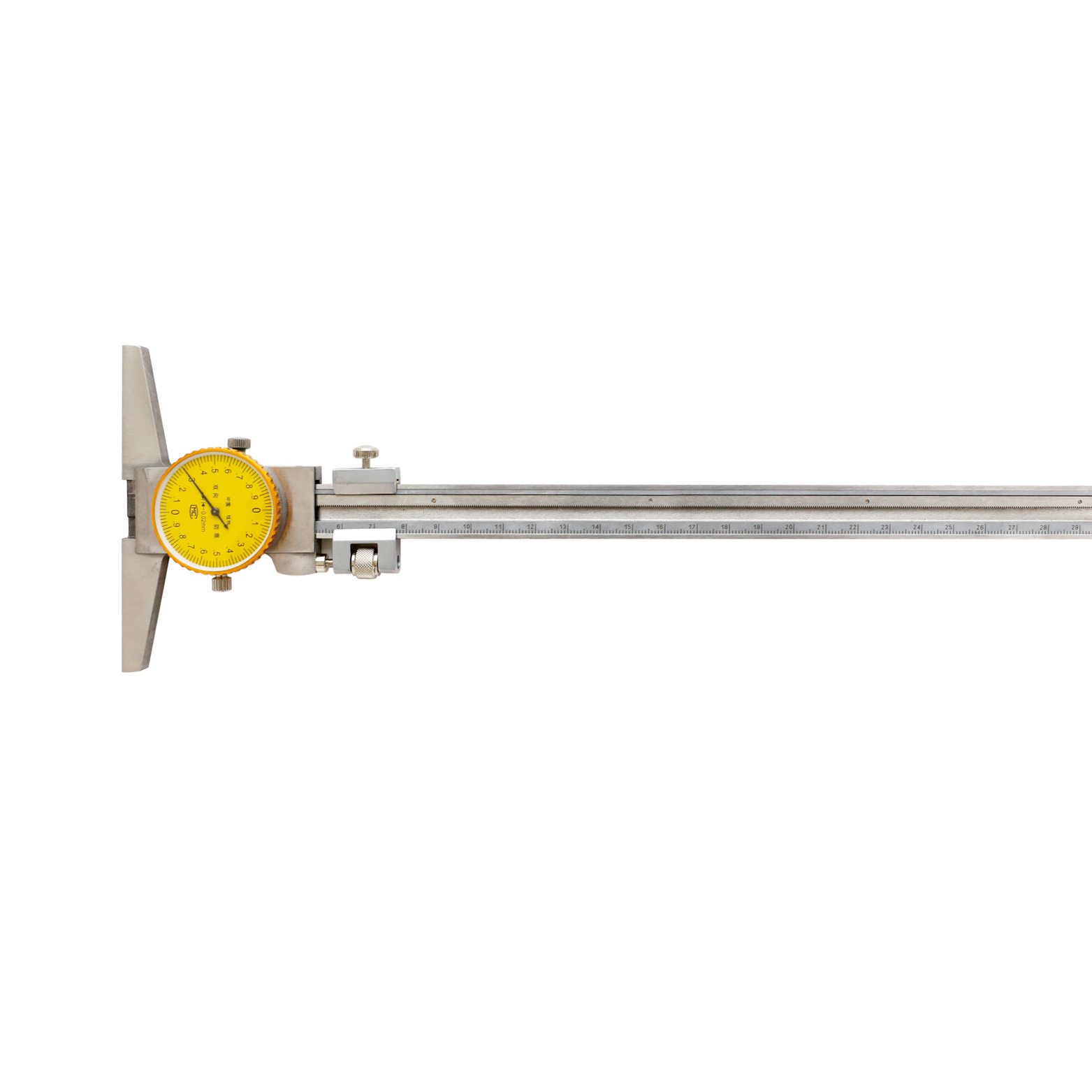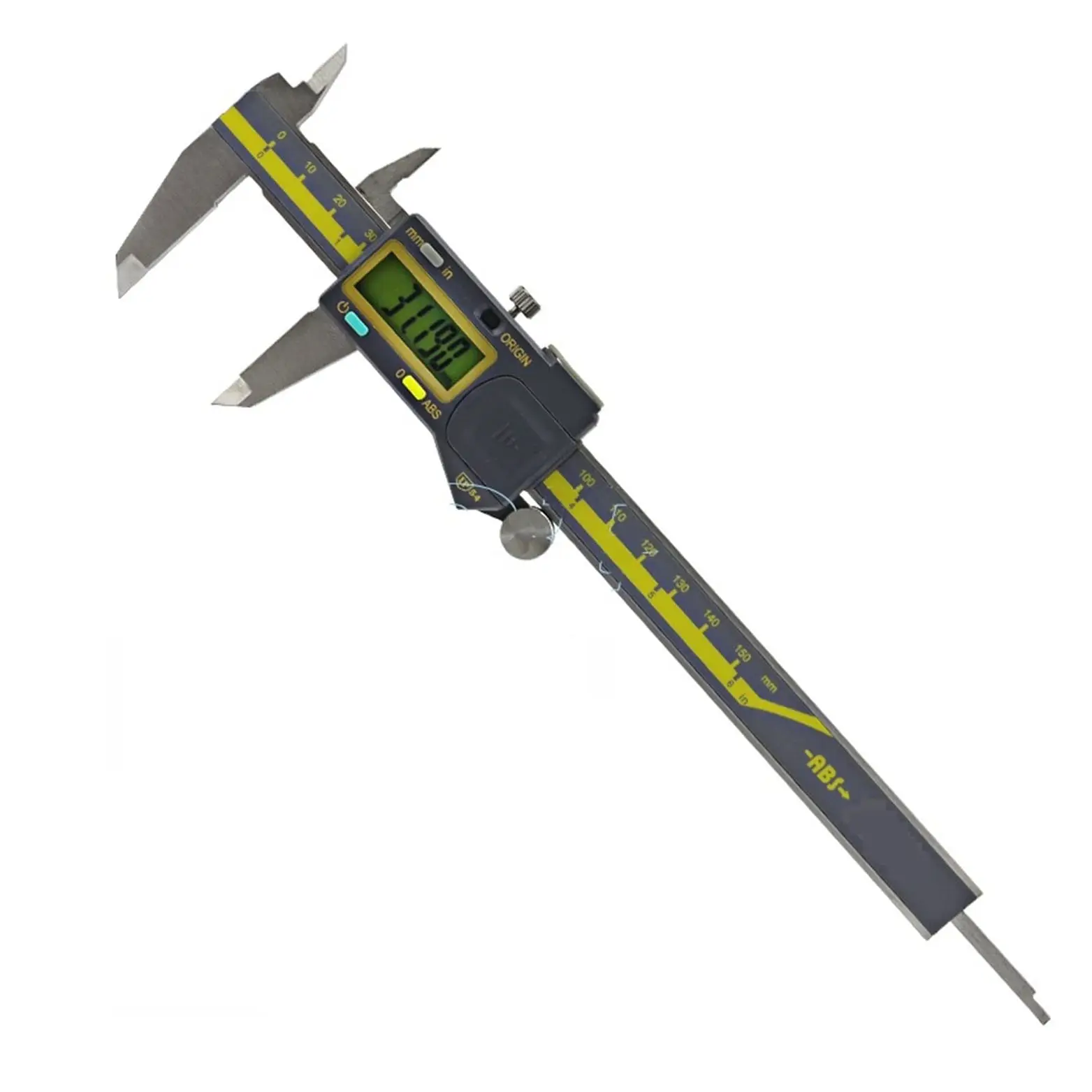milling chuck Supplier
Selecting the right milling chuck supplier is critical for ensuring accuracy, efficiency, and longevity in any machining operation. This guide provides a comprehensive overview of different types of milling chucks, key considerations for choosing the best supplier, and tips for optimizing their performance to achieve superior results.
Understanding Milling Chucks
A milling chuck is a specialized tool holder designed to securely grip cutting tools, such as end mills, drills, and reamers, in a milling machine. The primary function of a milling chuck is to transmit torque and maintain concentricity between the cutting tool and the spindle, ensuring accurate and stable machining.
Types of Milling Chucks
Various types of milling chucks are available, each suited for specific applications and machining conditions:
- ER Collet Chucks: These are versatile and widely used due to their excellent clamping force and wide range of collet sizes. They are suitable for general-purpose milling and drilling operations.
- Shrink Fit Chucks: These chucks offer exceptional concentricity and balance, making them ideal for high-speed machining and tight-tolerance applications. The tool is held by thermal expansion and contraction of the chuck body.
- Hydraulic Chucks: Hydraulic chucks provide consistent and high clamping force with excellent vibration damping. They are commonly used for heavy-duty milling and roughing operations.
- Side Lock End Mill Holders: A simple and cost-effective solution, these chucks use a set screw to lock the tool in place. They are suitable for lighter milling and drilling tasks.
- Power Milling Chucks: Designed for heavy material removal, power milling chucks provide extremely high gripping force and rigidity. They are often used in CNC milling centers.
Choosing the Right Milling Chuck Supplier
Selecting a reliable milling chuck supplier is crucial for obtaining high-quality products and ensuring optimal performance. Here are several key factors to consider:
Product Quality and Range
A reputable supplier should offer a wide range of milling chucks manufactured to high standards. Look for suppliers who provide detailed product specifications, material certifications, and performance data.
Technical Expertise and Support
The supplier should possess in-depth technical knowledge and be able to provide expert advice on selecting the appropriate milling chuck for your specific application. Excellent customer support is essential for addressing any issues or concerns.
Pricing and Availability
Consider the pricing structure and availability of the milling chucks. A competitive price point and prompt delivery are important factors to minimize downtime and maximize productivity.
Reputation and Reviews
Research the supplier's reputation within the industry. Read online reviews and testimonials from other customers to gauge their satisfaction with the products and services provided. Pay attention to mentions of consistent quality and delivery times.
Warranty and Return Policy
A reliable supplier should offer a warranty on their products to cover manufacturing defects. A fair return policy provides added assurance and protection for your investment.
Wayleading Tools: Your Partner in Precision Machining
At Wayleading Tools, we understand the critical role that high-quality tooling plays in achieving precision and efficiency in machining operations. As a leading milling chuck supplier, we are committed to providing our customers with a comprehensive range of superior products, backed by unparalleled technical expertise and support. Our extensive selection includes ER collet chucks, shrink fit chucks, hydraulic chucks, and more, all manufactured to the highest industry standards.
Optimizing Milling Chuck Performance
Proper maintenance and usage are essential for maximizing the performance and lifespan of your milling chucks. Here are some tips for optimizing their performance:
Regular Cleaning and Inspection
Clean the milling chuck and collets regularly to remove debris and contaminants. Inspect them for any signs of wear, damage, or corrosion. Replace worn or damaged components immediately.
Proper Collet Selection
Use the correct collet size for the cutting tool shank. An improperly sized collet can cause slippage, vibration, and damage to the chuck and tool.
Torque Specifications
Adhere to the manufacturer's recommended torque specifications when tightening the milling chuck. Over-tightening can damage the chuck, while under-tightening can lead to slippage.
Balanced Tooling
Ensure that the cutting tool and milling chuck are properly balanced, especially for high-speed machining applications. Unbalanced tooling can cause excessive vibration and reduce tool life.
Storage
Store milling chucks in a clean and dry environment to prevent corrosion and damage.
Troubleshooting Common Issues
Even with proper maintenance and usage, issues can sometimes arise with milling chucks. Here are some common problems and their potential solutions:
- Tool Slippage: Check the collet size, torque specifications, and cleanliness of the chuck and tool shank.
- Vibration: Ensure that the tooling is properly balanced and that the machine spindle is in good condition.
- Runout: Inspect the milling chuck for damage or wear. Replace the chuck if necessary.
- Difficulty Tightening: Clean the threads of the chuck and tightening nut. Apply a light lubricant if needed.
Comparing Milling Chuck Types: A Performance Overview
Here's a comparison table highlighting the key performance characteristics of different milling chuck types. Please note that these values are approximate and may vary depending on the specific manufacturer and product design.
| Chuck Type | Clamping Force | Concentricity | Vibration Damping | Cost |
|---|---|---|---|---|
| ER Collet Chucks | Medium | Good (0.0004' - 0.0008') | Medium | Moderate |
| Shrink Fit Chucks | High | Excellent (≤ 0.0001') | Low | High |
| Hydraulic Chucks | High | Good (0.0002' - 0.0004') | Excellent | High |
| Side Lock End Mill Holders | Low | Fair (0.001' - 0.002') | Low | Low |
*Note: Concentricity values are measured at 3xD (3 times the tool diameter). Cost reflects relative price levels.
Conclusion
Choosing the right milling chuck supplier and selecting the appropriate milling chuck for your machining needs is essential for achieving optimal performance and accuracy. By considering the factors outlined in this guide, you can make informed decisions and ensure the success of your machining operations. Contact Wayleading Tools today to learn more about our extensive range of high-quality milling chucks and how we can help you optimize your machining processes.
Disclaimer: The information provided in this article is for general guidance only. Always consult with a qualified professional for specific recommendations tailored to your individual needs.
Source: Data and specifications are based on industry standards and manufacturer information available at the time of writing. Refer to individual manufacturer websites for the most up-to-date details.
Related products
Related products
Best selling products
Best selling products-
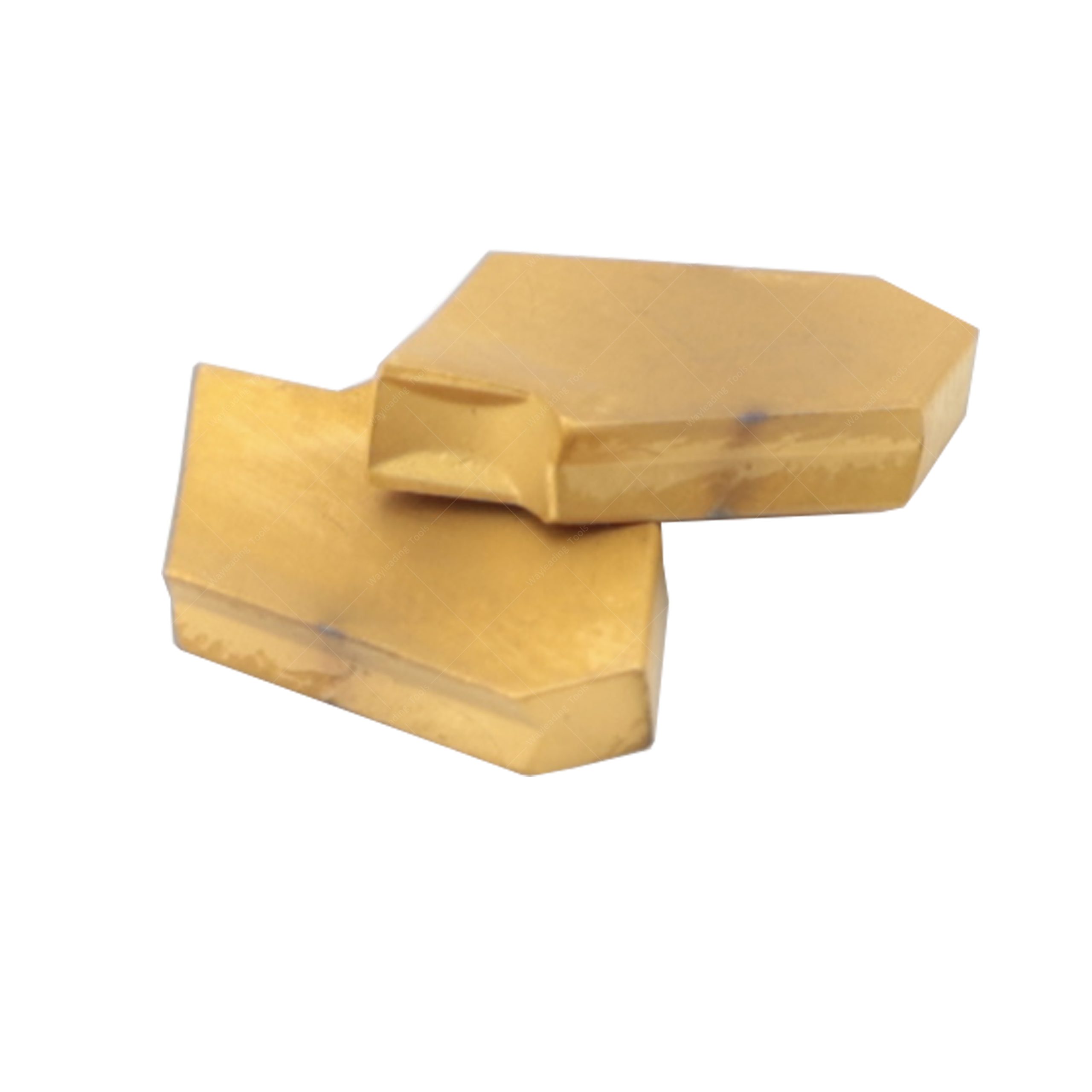 GTN Parting & Grooving Insert For NCIH Blade
GTN Parting & Grooving Insert For NCIH Blade -
 Type G Arc Pointed Tree Tungsten Carbide Rotary Burr
Type G Arc Pointed Tree Tungsten Carbide Rotary Burr -
 Metric ER Collets With Hight Precision Milling
Metric ER Collets With Hight Precision Milling -
 Precision V Block And Clamps Set With High Quality Type
Precision V Block And Clamps Set With High Quality Type -
 Single Wheel Knurling Tools With Straight Pattern For Industrial Type
Single Wheel Knurling Tools With Straight Pattern For Industrial Type -
 DIN338 HSS Twist Drill Bit Fully Ground Or TiN Coated
DIN338 HSS Twist Drill Bit Fully Ground Or TiN Coated -
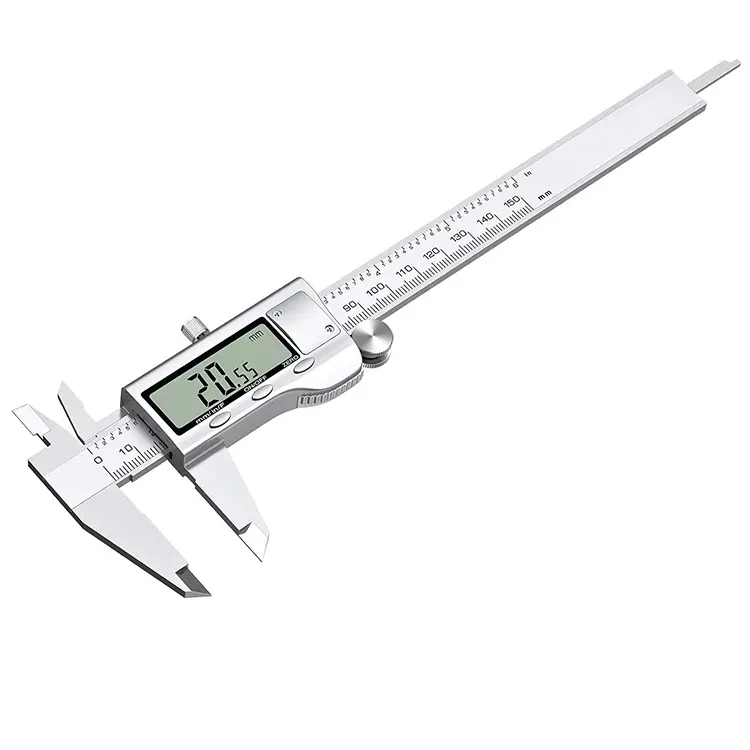 Precision Digital Caliper Of Metal Case For Industrial
Precision Digital Caliper Of Metal Case For Industrial -
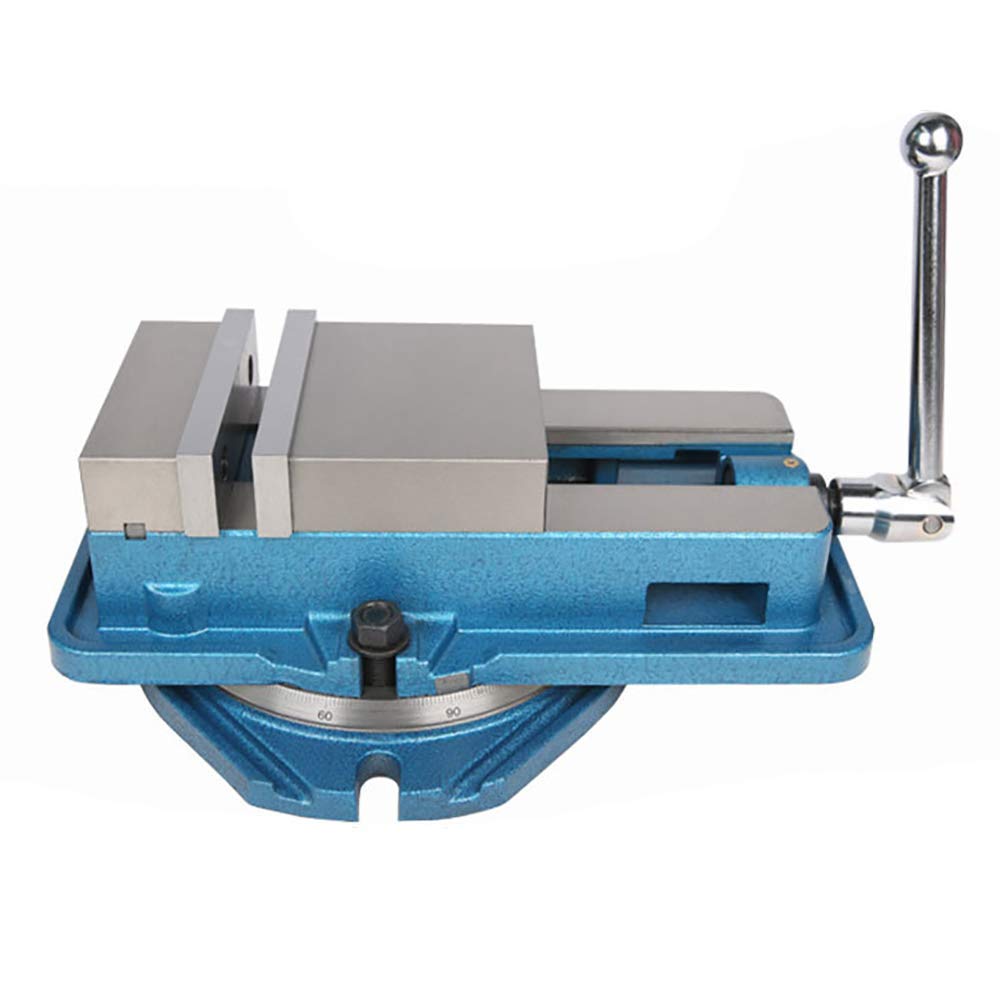 QM ACCU-Lock Precision Machine Vises With Swivel Base
QM ACCU-Lock Precision Machine Vises With Swivel Base -
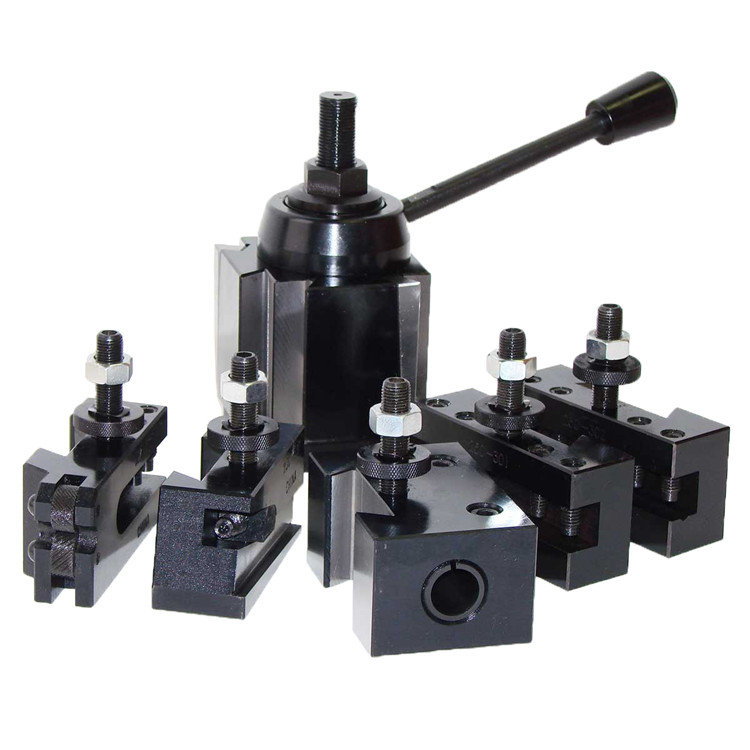 Wedge Type Quick Change Tool Post Set In lathe Machine
Wedge Type Quick Change Tool Post Set In lathe Machine -
 Straight Shank ER Collet Chuck Holders With Extending Rod
Straight Shank ER Collet Chuck Holders With Extending Rod -
 Type E Oval Tungsten Carbide Rotary Burr
Type E Oval Tungsten Carbide Rotary Burr -
 Outside Micrometer Set Of Inch & Metric For Industrial
Outside Micrometer Set Of Inch & Metric For Industrial

